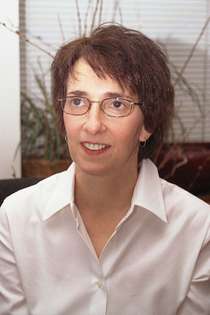
What Motivates an Activist?
As a five-year-old girl, activist/journalist/playwright/lawyer Cynthia L. Cooper was unfamiliar with the word feminist and, like most of her peers, knew nothing about human rights or social justice. But she knew what was fair, which is why she took umbrage over privileges that were extended to her brothers, but not to her.
“I remember it as a moment of outrage when my brothers got to play baseball and I didn’t,” Cooper told Lilith. “I was also as good as or better than the boy down the street. It made no sense to me that he was able to join Little League and I wasn’t.”
It’s been many decades since this affront, but Cooper’s affinity for the excluded remains ironclad, and whether she is writing articles about the current spate of sexual attacks on college campuses, books—on themes as disparate as wrongful criminal convictions, the abuses of the Bush/Cheney administration, or tenants’ rights—or plays about sexual violence, reproductive justice, the Holocaust, or women in sports, her passion for equity is evident.
Cooper grew up in a suburb of Cleveland, Ohio, and learned her family’s history through stories that were told by the adults. There was her dad’s chronicle of moving from Lithuania to Reading, Pennsylvania, and her mom’s coming-of-age in tiny Dawson, Minnesota, where hers was the only Jewish family for many miles. “My grandfather, my mom’s dad, owned a general store,” Cooper begins. “Their family was isolated in terms of Judaism but they were nonetheless central to the community. I heard many accounts of how, during the Depression, my grandfather gave people food if they needed it.” His generosity, she continues, was near-legendary, in one instance prodding him to buy a farm that was being foreclosed in order to protect the destitute people living on this land from being evicted. “I absorbed the message that you should do things for other people,” Cooper says. “That was Judaism for me; you do something bigger than yourself.”



